Resilience & Revival
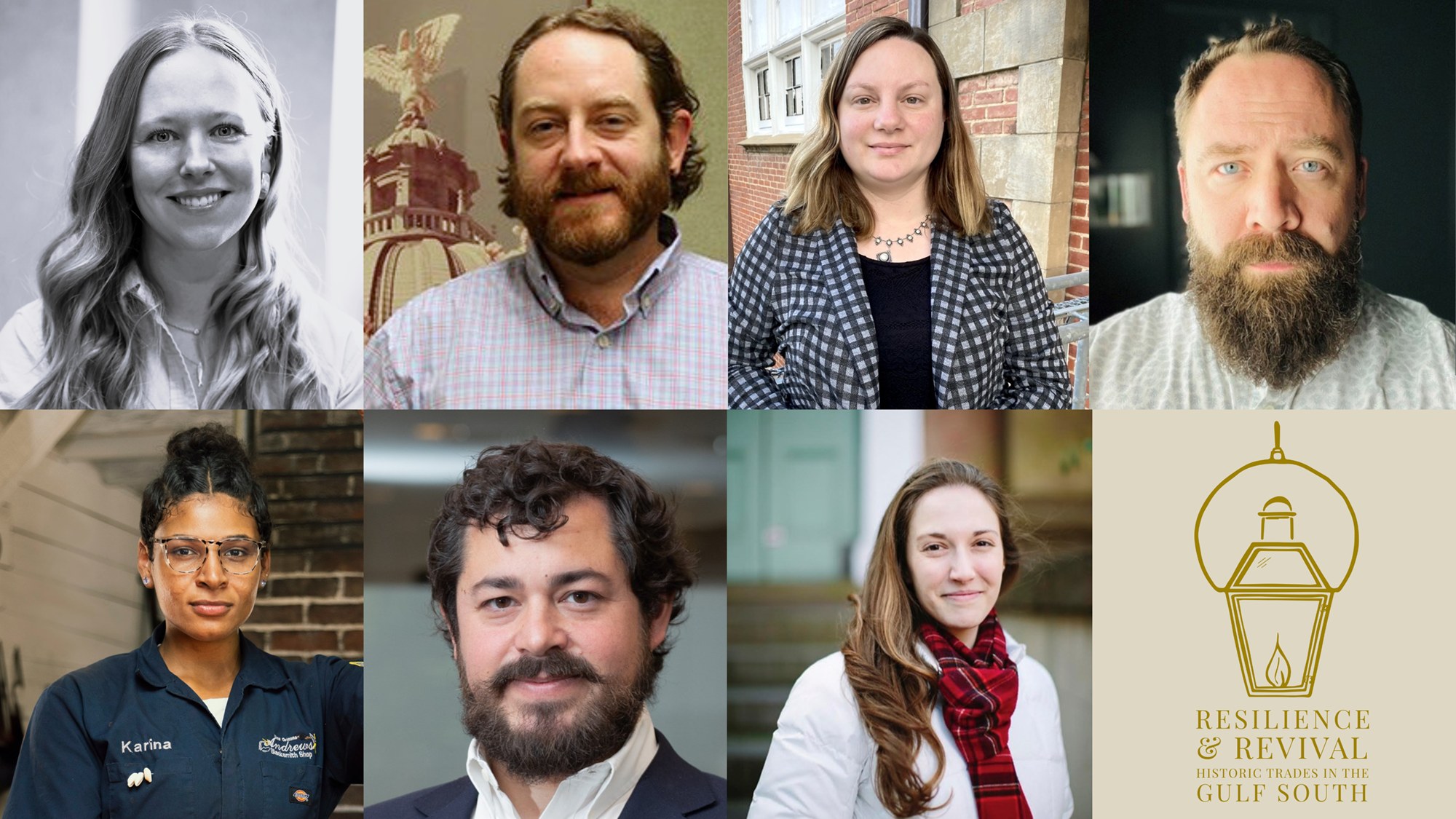
Sunday, October 27, 2024
10am-4pm CT
Tulane River and Coastal Center
1370 Port of New Orleans Place New Orleans, LA 70130
Open to students, faculty, staff of Tulane School of Architecture and invited guests. Registration is required.
The Tulane University School of Architecture Historic Preservation Program and the Richard Hampton Jenrette Foundation have partnered to host "Resilience & Revival: Historic Trades in the Gulf South," a one-day workshop and panel session to address the looming shortage of skilled craftspeople in the historic trades and building arts and the subsequent impacts on our region’s ability to maintain and restore historic structures.
ABOUT THE EVENT
The "Resilience & Revival" conference and workshop will bring together students, educators, preservationists, builders, historic trades professionals, craftspeople, and other interested parties from across the region to discuss this complex interdisciplinary issue. A written report compiled by our joint efforts will be distributed to attendees before the event. Our five panelists will explore various aspects of the topic, offering insights from their diverse preservation backgrounds. We hope this discussion will inspire new ideas and serve as a starting point for a roundtable conversation among the panelists. Following the roundtable, guests will break into focus groups to exchange ideas and share knowledge on revitalizing the historic trades.
This event is open to students, faculty, staff of Tulane School of Architecture and invited guests. Registration is required to attend this event due to limited seat availability. To register, email resilience-revival@tulane.edu by October 2, 2024.
Breakfast, lunch, and refreshments will be provided throughout the conference. There will be a happy hour (6:00pm – 8:00pm) following the event at the Hermann Grima House in the French Quarter with drinks and hors d'oeuvres.
WHY IS THIS IMPORTANT?
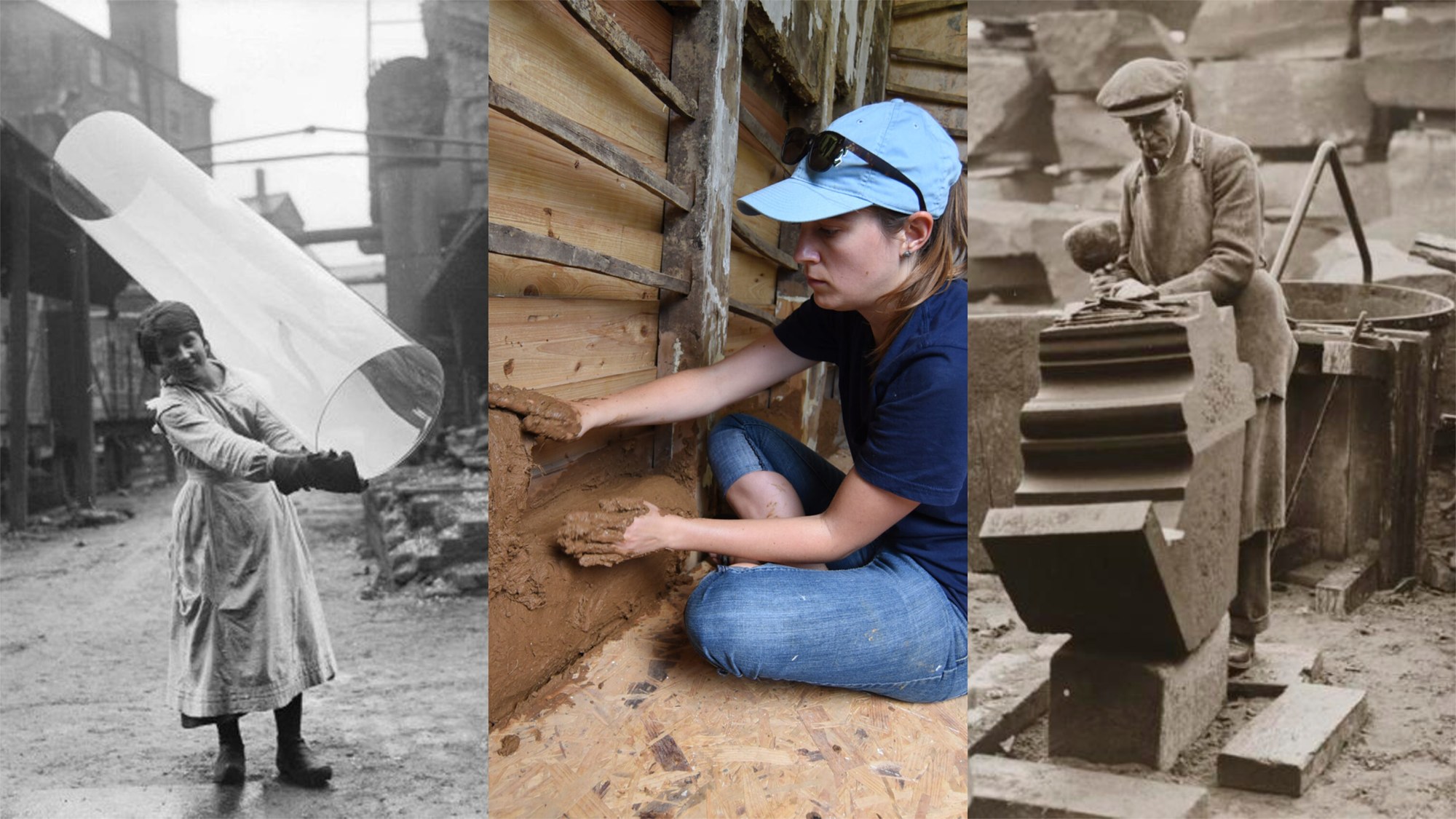
Preserving our tangible and intangible cultural heritage is paramount to understanding the past as it relates to our present and future, and the ability to care for historic buildings is a crucial part of that effort. The historic trades shortage is one of the most impactful issues affecting the field of historic preservation today. As the United States' building stock ages, the number of historic buildings has increased. Paradoxically, the number of people trained and equipped to work on them has decreased. While this is a national issue, each region faces unique obstacles based on building traditions, workforce characteristics, and the economic climate. In response, the Richard Hampton Jenrette Foundation, Tulane University School of Architecture’s Historic Preservation Program, and the Natchez Center for American History have set out to address the shortage in the Gulf South region.
The topic has been thoroughly explored and documented by many tradespeople, researchers, and preservation professionals. Therefore, we do not seek to define the problem. Rather, our mission is to bring together people from varied perspectives to share ideas and solutions tailored to the Gulf South region.
We are excited to hear your ideas on October 27th in New Orleans.
MEET THE PANELISTS
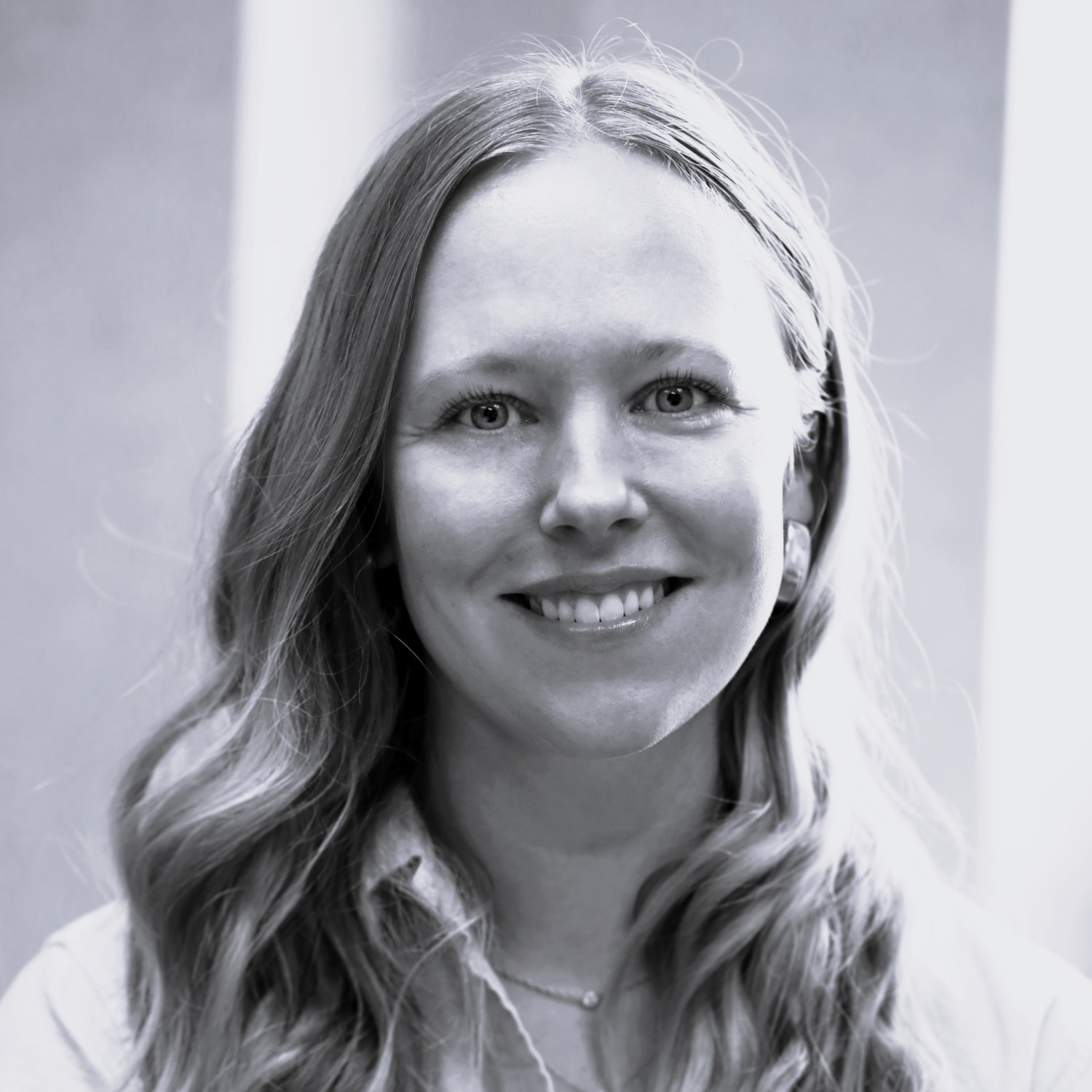
Meredith Massey is the Deputy Director of the Historic Preservation Division at Mississippi Department of Archives and History (MDAH).
Meredith holds a Bachelor of Arts in Historic Preservation and Community Planning from the College of Charleston, and a Master of Preservation Studies from Tulane University’s School of Architecture. A Jackson native, Meredith was originally hired by MDAH to serve as an architectural historian where she was able to assist in writing National Register nominations and was on the survey team that conducted the Natchez Outbuilding Survey. Since then, she has held various positions in the Historic Preservation Division. She served as Certified Local Government (CLG) Coordinator and was able to cultivate relationships with communities across Mississippi and help them achieve their local historic preservation programming goals. Before becoming Deputy Director, Meredith was the Chief of Preservation Planning – a section that is responsible for the administration of CLG Program and Section 106 of the National Historic Preservation Act. As Deputy Director, Meredith assists the division direction in the development and implementation of strategic and operational responsibilities for archaeology, architectural history, technical preservation services, and preservation planning sections. She currently serves as MDAH’s appointee to the Mississippi Main Street Association’s Board of Directors.
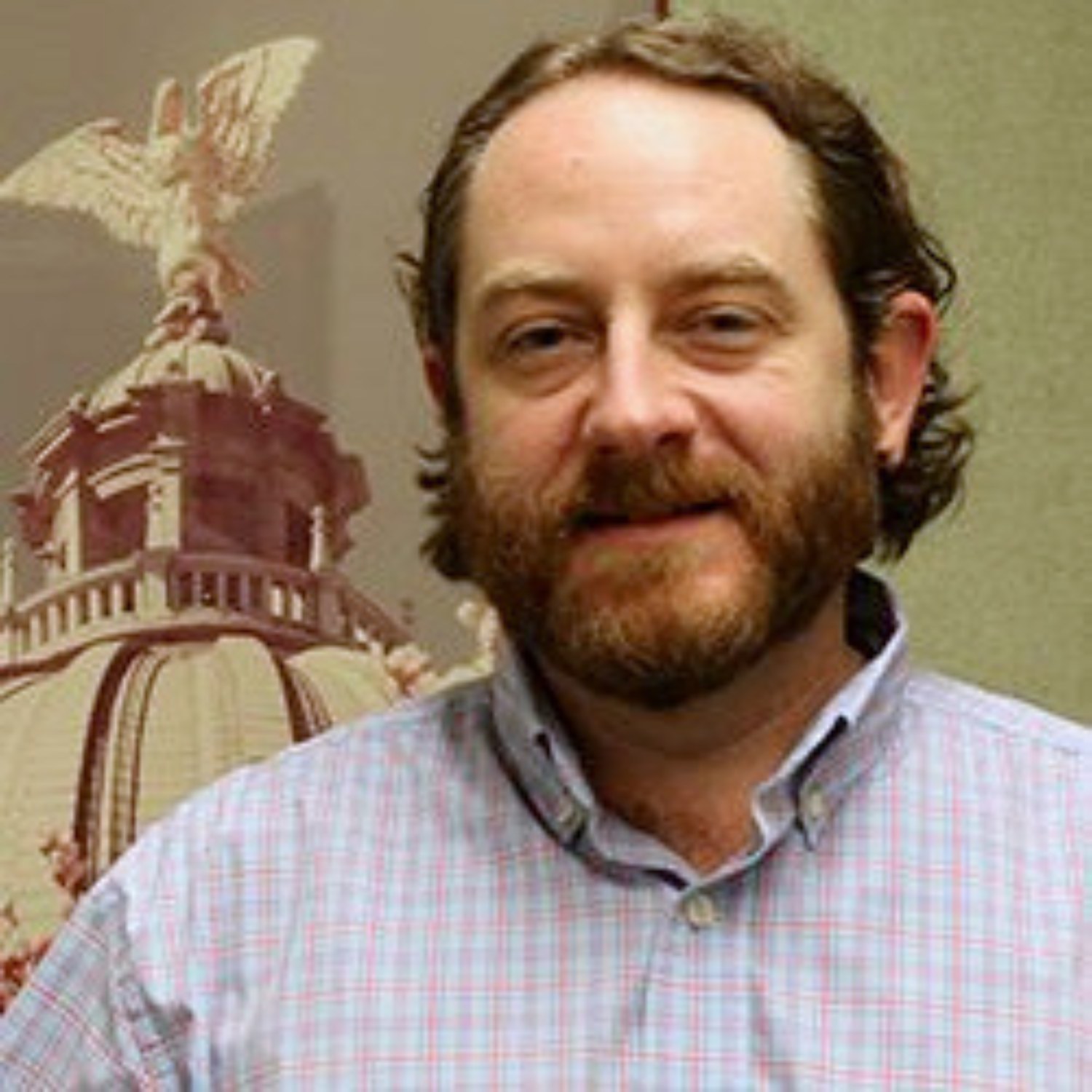
Barry White, is the Director of the Historic Preservation Division at the Mississippi Department of Archives and History (MDAH) where he also serves as Mississippi's Deputy State Historic Preservation Officer.
Barry holds a Master’s degree from Mississippi State University in cultural anthropology with an interdisciplinary focus on historic preservation. Over the course of his 12 years at MDAH, he has been active in statewide survey, review and compliance, technical preservation, and Certified Local Government programming.
Barry and the MDAH team have designed, from concept to completion, a historic preservation trades training program that places graduate students in an immersive field school experience where they are given hands-on instruction in technical preservation techniques. The trades training program launched in summer 2024 at Historic Jefferson College near Natchez, Miss. Before earning his graduate degree, Barry worked as a carpenter and assisted in the rehabilitation of historic buildings throughout Mississippi, New Orleans, and Nashville.
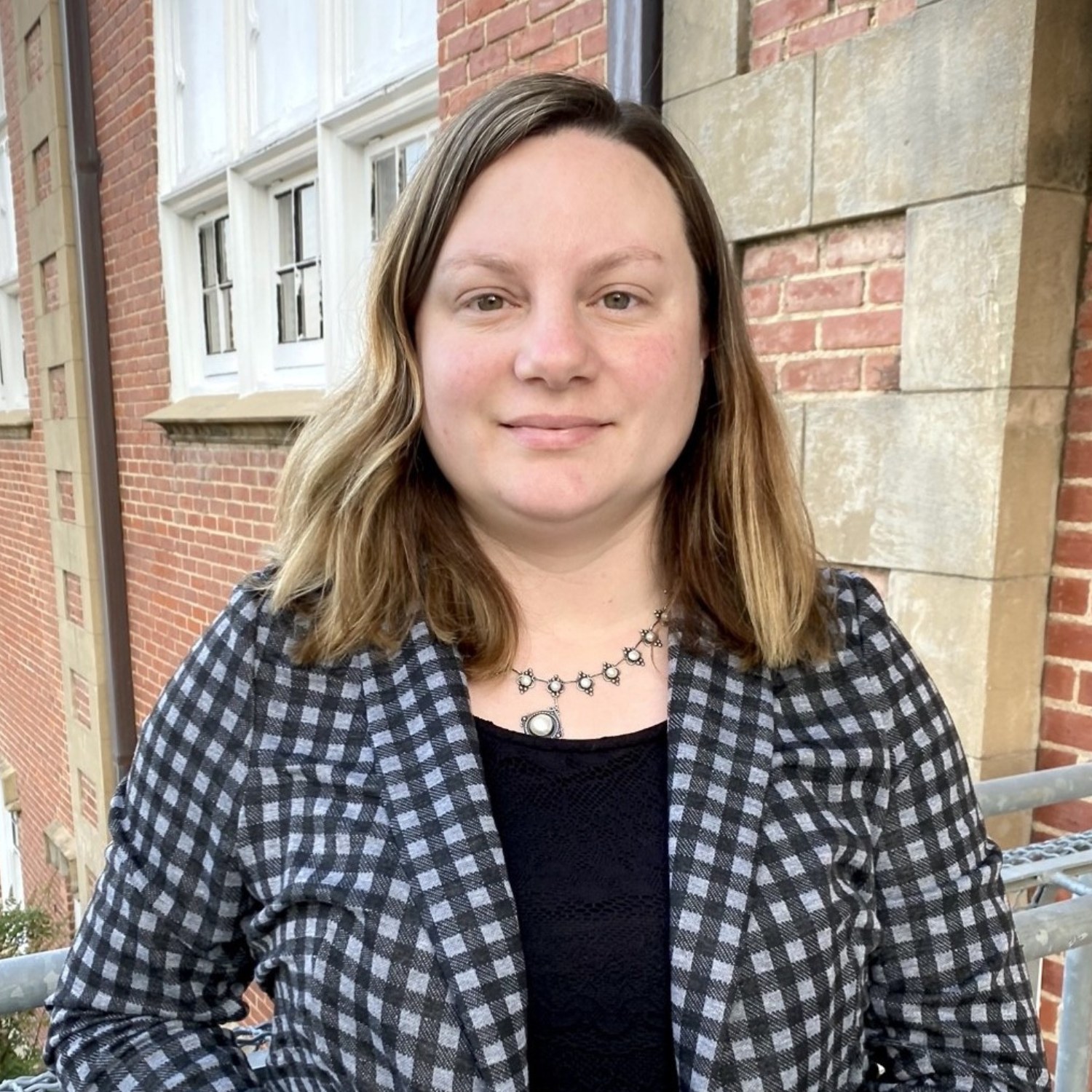
Mary Bindas is a Building Preservation Specialist at the National Park Service’s National Center for Preservation Technology and Training (NCPTT).
In her role at NCPTT, Mary tackles complex challenges in preserving our built heritage, drawing on her expertise in both building technology and practical trades skills. Mary is also the owner of Re-Lite Restoration LLC, which specializes in wood window restoration, merging technical knowledge with hands-on craftsmanship.
Prior to NCPTT, her career included work as an Assistant Architectural Conservator and crew leader, working on a range of preservation projects for private and nonprofit organizations. Passionate about education, Mary has taught workshops and led volunteers in various preservation initiatives. She earned her Master of Science in Historic Preservation from Eastern Michigan University.
Outside of work, she enjoys traveling and dreams of working on a castle in Scotland. A dog lover with three pups—Dango, Wally, and Cooper—Mary is always excited to chat about historic buildings or share stories about furry friends.

Nick Conner is an award-winning woodworker with over 20 years of experience in woodwork fabrication and historic renovation.
Nick's millshop, Conner Millworks, specializes in late 19th century and early 20th techniques and machinery. A product of the south, Conner was reared in Dixie, Mississippi, in a home where creative arts and technical fabrication were a regular part of day-to-day life. After graduating from the University of Southern Mississippi with a BM in music performance, Conner moved to Paris, where designs such as continuous handrail staircases, massive church doors, and coopered millwork sparked a fascination that ultimately led to a career in woodwork. Conner’s first carpentry company originated in Chicago, where he developed woodworking skills and business acumen renovating historic homes in historic Oak Park. Renovating Arts, Crafts, and post-modern homes, Conner developed a reputation for bringing historically significant homes back into service. Called back to the Deep South in 2005 by Hurricane Katrina, Conner settled in New Orleans and opened Conner Millworks, a company specializing in historic millwork manufacturing through the use of original machinery dating back to the 1880s. The shop reflects Conner’s vision for a profitable neighborhood millshop—much like one would have found decades ago—that replicates work of a bygone era. His woodwork is found in historic homes throughout Louisiana, Mississippi, Charleston, and Chicago. Major installations include the Louisiana State Capital, the Louisiana State Museum (the Cabildo), several Louisiana plantations, and hundreds of historic homes across the city of New Orleans. His work has been featured in several publications including Chicago Magazine, New Orleans Magazine, Dwell, and The Times-Picayune and recognized through awards such as American Institute of Architects’ Merit Award (2016), the Louisiana Landmarks Award for Excellence in Historic Preservation (2017), and Best in Show at the 2022 Jazzfest Vendor in Louisiana Marketplace. Conner believes that it is for the historic homes- and by them- that his education in historic millwork exists. He lives in New Orleans with his partner and family and continues to operate Conner Millworks.
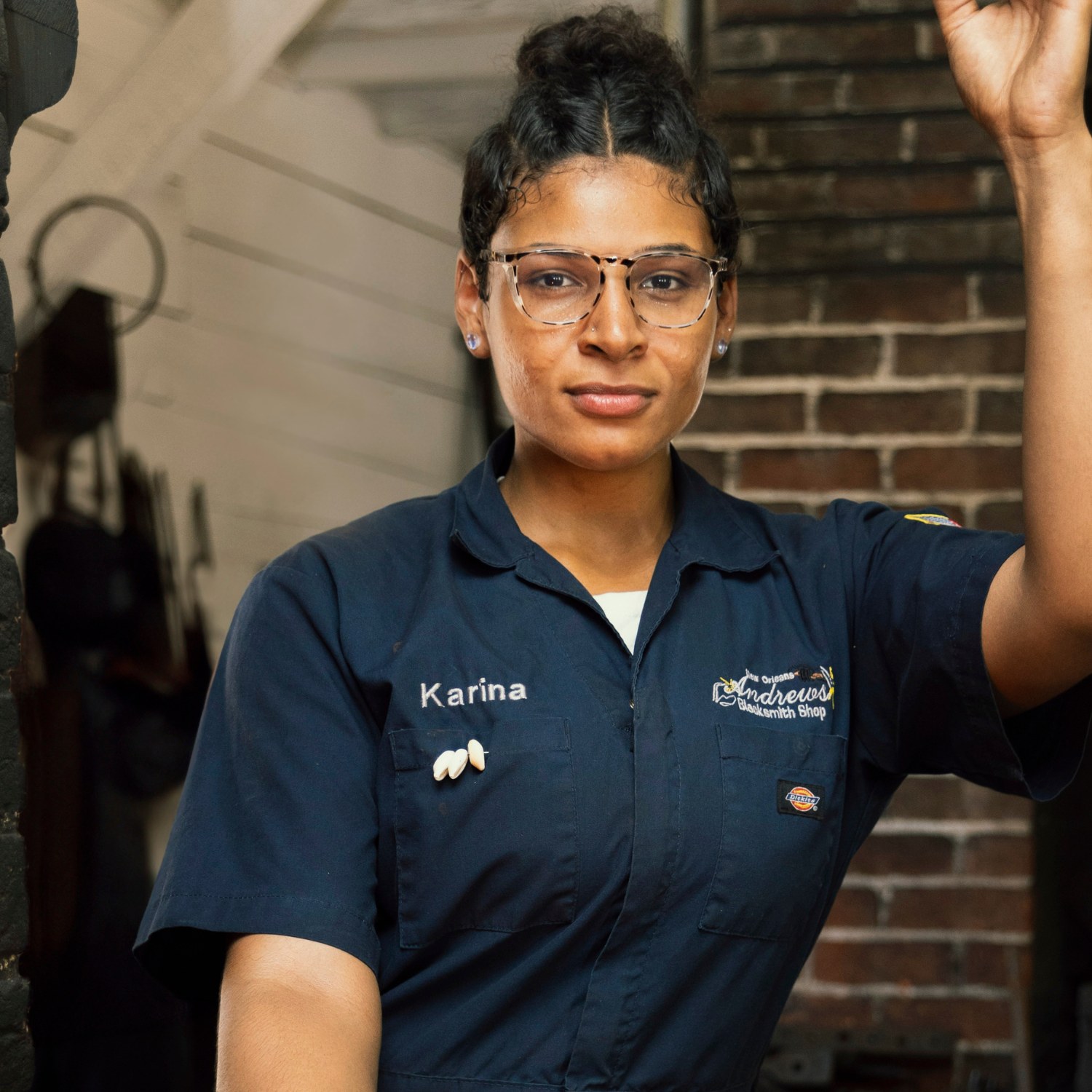
Karina Roca is a researcher, storyteller and blacksmith apprentice, studying under master blacksmith Darryl Reeves in New Orleans.
Ms. Roca seeks to preserve and revive traditional building trades with the heritage which roots them. Roca has completed two residencies at Colonial Williamsburg (VA) where she presented live blacksmithing demonstrations and panel discussions as a representative of the New Orleans Master Crafts Guild Apprenticeship Program, which connects master craftspeople to youth to spark change. Roca currently serves on the Board of Directors of the Louisiana Green Corps, building pipelines for youth to develop skills and thrive in green infrastructure and the building arts. Karina Roca is a 2019 graduate of Pace University, double majoring in Political Science and Peace and Justice Studies. Her past research has focused on gentrification, food justice movements and land sovereignty. Her work in the worlds of urban farming, anti-racist program development and traditional craftwork display her passion for building bridges between the past and the present.
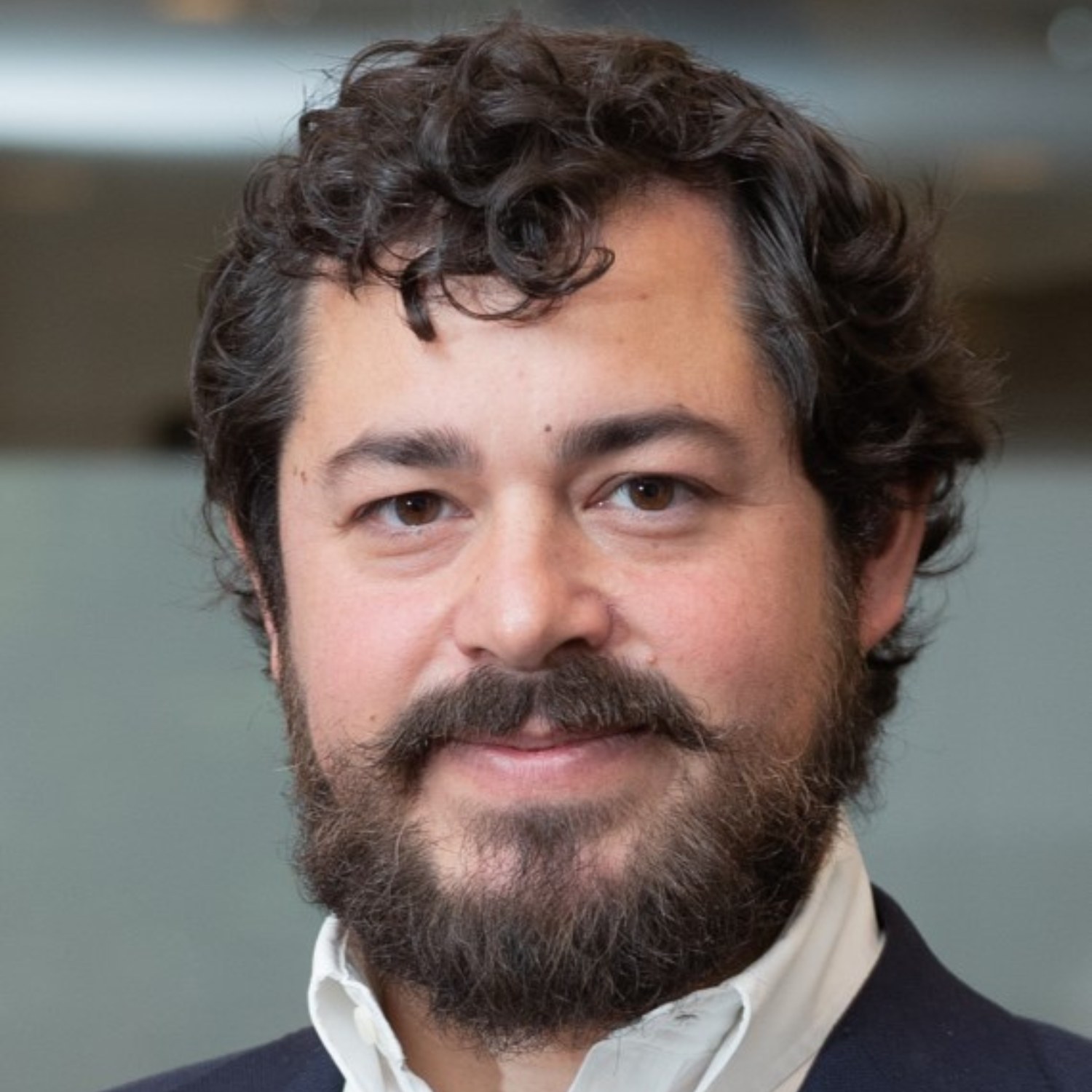
Alejandro García Hermida is a practicing architect and a Professor of the Practice at the School of Architecture of the Polytechnic University of Madrid.
Alejandro holds an MA and a PhD in Architectural Heritage Preservation, has been a Professor of the Practice at the Alfonso X University, a Visiting Scholar at the School of Architecture of the University of Notre Dame and has lectured in a number of schools of architecture (Yale, Miami, Colorado, Kansas State, Liverpool, Polytechnic of Valencia, Polytechnic of Milano and many others). His professional practice has been focused on traditional architecture and construction and the restoration and study of historic buildings, mainly in Spain and Morocco. He is the Founder and Executive Director of the Traditional Building Cultures Foundation and manages the initiatives developed thanks to Richard H. Driehaus and other supports and with the collaboration of INTBAU Spain and Portugal (Rafael Manzano Prize for New Traditional Architecture, Building Arts Awards, Iberian Summer Schools, Donald Gray Apprenticeship Grants, Spanish Network of Traditional Building Masters, etc). He is a Strategic Advisor of Kalam Corporation (the US branch of this international heritage preservation company) and was previously its CEO, a member of the Board of the non-profit Terrachidia, and Founder and Vice Chair of INTBAU Spain. Some of his works have been awarded the 2015 INTBAU Excellence Award, the 2019 Hispania Nostra Award, a Special Mention from the 2019 EU-Europa Nostra Awards, the 2021 Philippe Rotthier Architecture Prize and the 2021 Spanish National Award for Craftsmanship in the promotion category.
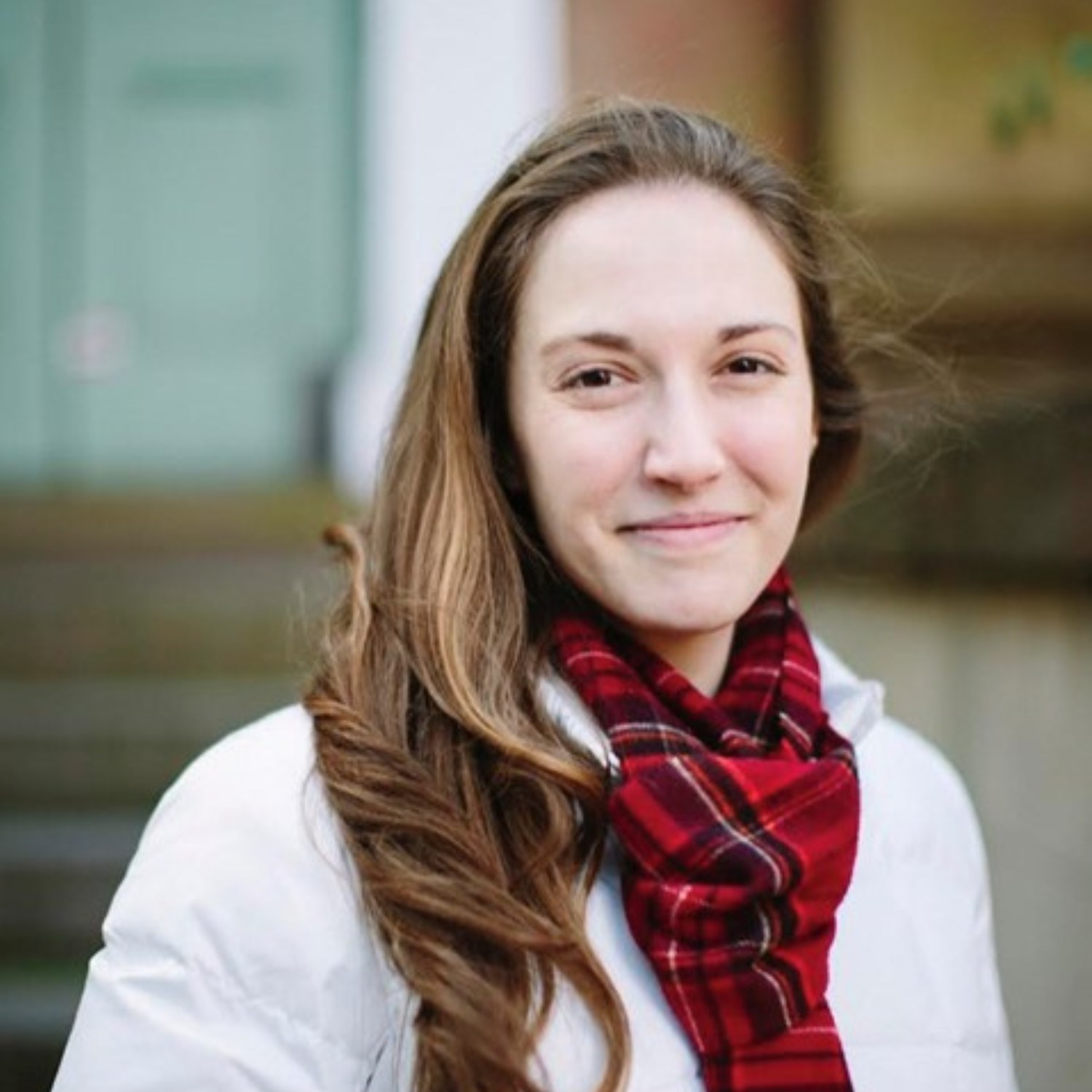
Christina Butler is the dean of faculty and professor at the American College of the Building Arts, where she teaches courses in historic preservation and architectural history
Christina is also an adjunct faculty for Clemson University's Masters of Science in Historic Preservation Program and a longtime adjunct for College of Charleston's historic preservation and community planning department. Her areas of interest include urban history, cultural landscapes, history of public works and technology, and historic building materials and methodology. Christina is the owner of Butler Preservation, which specializes in historic property research, National Register nominations, and assists clients with preservation permitting and understanding and caring for their historic properties. Butler has a professional background in historic preservation and history, and twenty years' experience in new construction, restoration, and renovation work. She holds a B.A. in historic preservation, an M.A. in American History, and a certificate in Construction Technology.
Her first academic press book, Lowcountry At High Tide: A History of Flooding, Reclamation, and Drainage in Charleston premiered in June 2020. She has also wrote Italians in the Lowcountry for the Dante Alighieri Society, and Ansonborough: Birth and Rebirth. Butler writes for Kiawah Legends and Charleston Empire Properties. Her latest book, Charleston Horse Power: Equine Culture in the Palmetto City, published with University of South Carolina Press, was released in August 2023. Most recently, Butler co-authored a master plan for the City of Darlington, South Carolina, and completed a grant funded project to document life in British Occupied Charleston during the American Revolution utilizing British and American records.
SPECIAL THANKS
Madeline Wilson; Allyson Hinz; Lauren Vagts; Sam Crowley; Heather Veneziano; Mark Rabinowitz; Allison Cruz; Savannah Chiasson; Hanna Dawley; Tessa Jagger; Sara Tankersley; Alyse Mouledoux; Catherine Restrepo; MDAH, Mississippi Department of Archives and History; Kevin Cherry, Benjamin Prosky, and Weston Ewart, Richard Hampton Jenrette Foundation
Questions? Contact Madeline Wilson and Allyson Hinz at resilience-revival@tulane.edu.
Tulane University is committed to providing universal access to all our events. Please contact the event organizer listed above for accessibility accommodations. Please note that advance notice is necessary to arrange some accessibility needs.